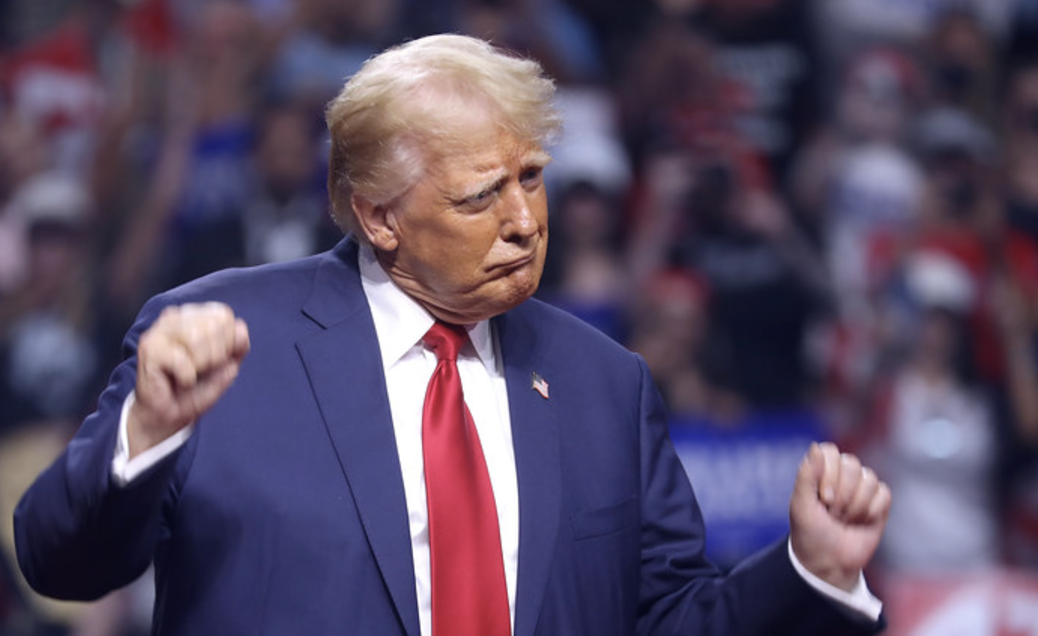Trump's Plan Takes Shape: Philippines Ambassador Advises Illegal Filipinos to Self-Deport Before It's Too Late

When Donald Trump first assumed the presidency in 2017, uncertainty loomed — even Trump himself seemed unsure of what lay ahead.
Now, nearly eight years later, the president-elect has left no doubt about his intentions. Those paying attention are starting to take him at his word.
As reported by KNBC in Los Angeles, Jose Manuel Romualdez, the Philippines’ Ambassador to the United States, recently urged Filipino illegal immigrants in America to leave voluntarily before the incoming Trump administration could force them out.
“My advice to them is to immediately leave voluntarily because once you’re deported, you can never come back to the United States,” Romualdez stated at a news conference.
While the ambassador’s claim isn’t entirely accurate—deportation typically results in a minimum five-year re-entry ban, and unauthorized return after deportation can lead to imprisonment—his comments sparked significant reactions.
KNBC’s coverage included a report that Romualdez’s warning had prompted a surge of calls and visits to the Filipino Migrant Center in Long Beach, California. According to Romeo Hebron, the center’s executive director, the ambassador’s statement caused widespread concern.
“The Philippine ambassador should not have said those things,” Hebron said to KNBC. “It causes unnecessary panic in our community.”
Hebron also estimated that around one-fourth of the roughly four million Filipinos in the U.S. are “undocumented.”
KNBC’s reporter, Mekahlo Medina, further claimed, “that’s between two hundred and three hundred thousand Filipinos.” However, based on Hebron’s own figure, the number of undocumented Filipinos would actually approach one million.
The media’s framing of this issue underscores a broader concern. Local outlets like KNBC often mirror the national media's willingness to use terms like “undocumented” instead of “illegal immigrant,” reinforcing partisan narratives.
KNBC’s coverage also leaned heavily pro-migrant, focusing on individuals with long-standing ties to the U.S. who now face deportation. However, public sentiment appears to be shifting. Trump’s victory in the 2024 election reflects growing frustration with open-border policies championed by Democrats.
Earlier this month, Trump humorously suggested that House Speaker Mike Johnson pass a bill declaring his new administration effectively began on Nov. 5 or 6. The comment hinted at actions that could take place even before his Jan. 20, 2025, inauguration.
Romualdez’s advice to Filipino illegal immigrants to self-deport aligns with that proactive approach. Trump’s frequent promises of mass deportations and strict border control are no longer campaign rhetoric—they’re policy goals that Americans increasingly expect to be fulfilled.